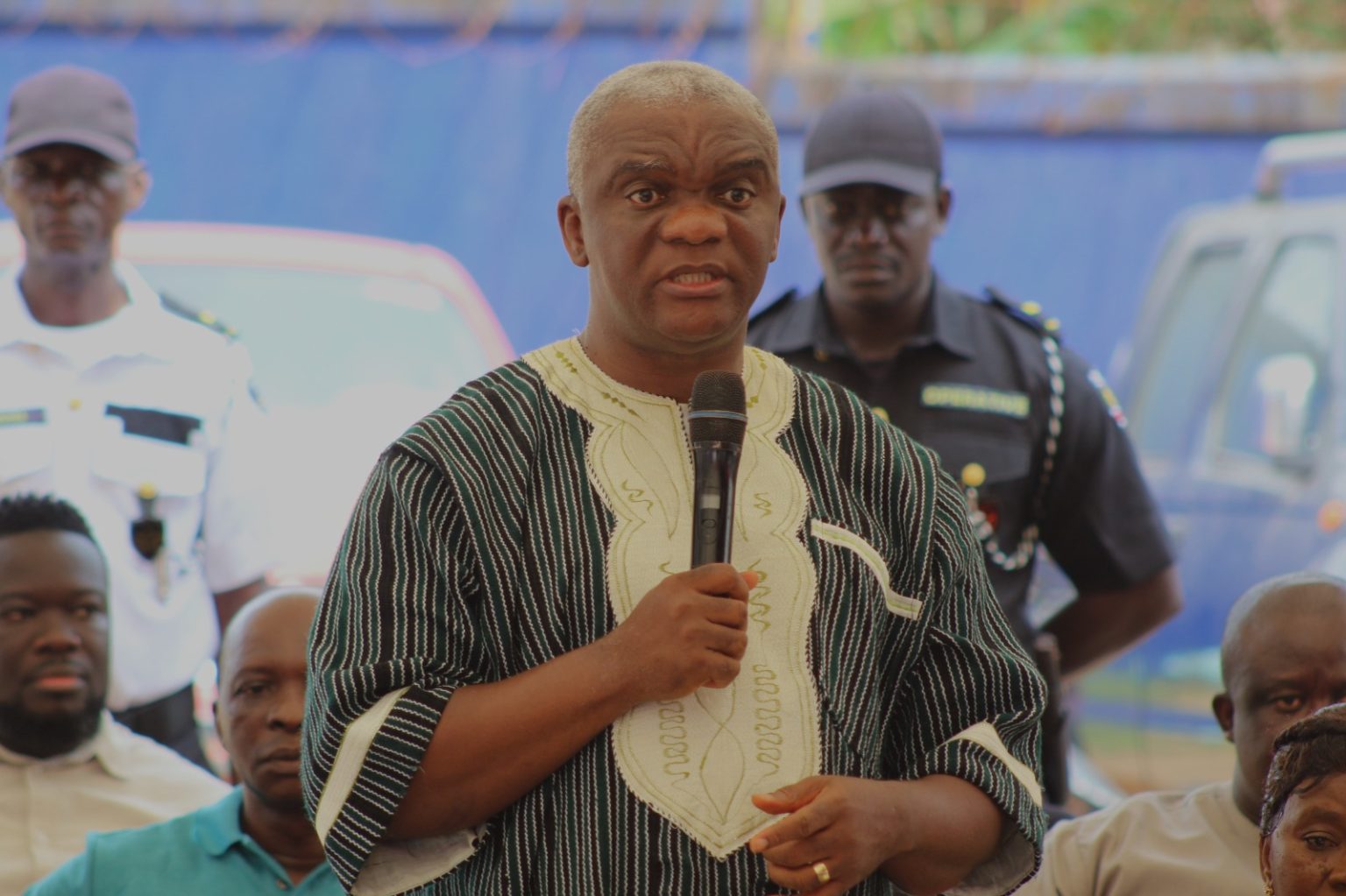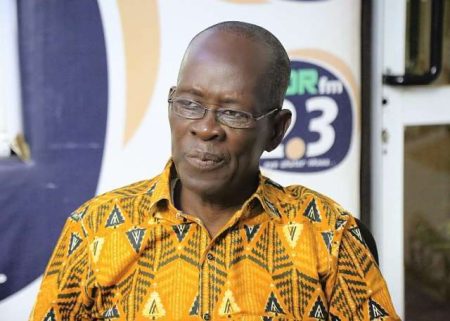The Liberia Revenue Authority (LRA) fell short of its ambitious US$1 billion revenue target for 2024, attributing the failure to insufficient funding from the Liberian Senate. Commissioner General James Dorbor Jallah expressed his disappointment during the 2025 budget hearing, highlighting the Senate’s unfulfilled promise to allocate US$6 million to address critical resource gaps within the LRA. These gaps included a shortage of staff, particularly auditors, which hampered the Authority’s ability to effectively monitor tax compliance and close revenue leakages. Despite the setback, Jallah maintained that the goal of reaching the billion-dollar mark remains a priority.
Jallah explained that the LRA’s initial request for US$6 million was significantly reduced to US$2 million in the approved budget, and further cuts during budget revisions left the Authority with only US$600,000. This drastic reduction prevented the LRA from hiring necessary personnel, particularly for back-office functions crucial for processing tax declarations and conducting audits. The current system relies heavily on self-reporting by businesses, making comprehensive audits essential for ensuring accurate tax collection. However, the lack of auditors and the existence of a five-year statute of limitations on audits severely restrict the LRA’s ability to effectively scrutinize tax filings and recover potentially lost revenue.
To address the recurring funding challenges, Jallah proposed a more sustainable financing mechanism. He advocated for amending the LRA law to allocate a fixed percentage of the domestically mobilized revenue directly to the Authority’s operating budget. This approach, he argued, would provide greater financial autonomy and stability, allowing the LRA to invest strategically in both human and material resources. This, in turn, would enhance its capacity to effectively monitor tax compliance, close existing loopholes, and ultimately boost revenue collection.
Jallah further emphasized the urgent need for improved technological infrastructure, particularly in LRA offices outside the capital, Monrovia. He highlighted the challenges posed by the lack of connectivity in these regional offices, which often leads to delays in remitting collected taxes to headquarters. This decentralized and disconnected system creates opportunities for revenue leakage and compromises transparency. The acquisition of Star Link devices, facilitated by a World Bank project, aims to establish real-time connectivity, enabling more efficient and transparent revenue collection practices.
The implementation of electronic billing machines was also identified as a key strategy for enhancing revenue mobilization. By requiring businesses to process sales through these machines, the LRA would gain real-time access to transaction data, providing valuable insights into business activity and facilitating more accurate tax assessments. Jallah stressed that securing the necessary funding to invest in this technology is crucial for achieving the revenue targets projected by international financial institutions like the World Bank and IMF.
In conclusion, the LRA’s failure to achieve its US$1 billion revenue target was attributed to inadequate funding from the Liberian Senate. This lack of resources hampered critical functions such as hiring essential personnel, particularly auditors, and investing in technological upgrades necessary for efficient and transparent tax collection. Commissioner General Jallah urged the Senate to reconsider its funding approach and adopt a more sustainable model that would enable the LRA to effectively address revenue leakages and achieve its revenue potential. He emphasized the need for investment in human resources, improved connectivity in regional offices, and the implementation of electronic billing machines as crucial steps towards realizing the projected revenue growth for Liberia.














